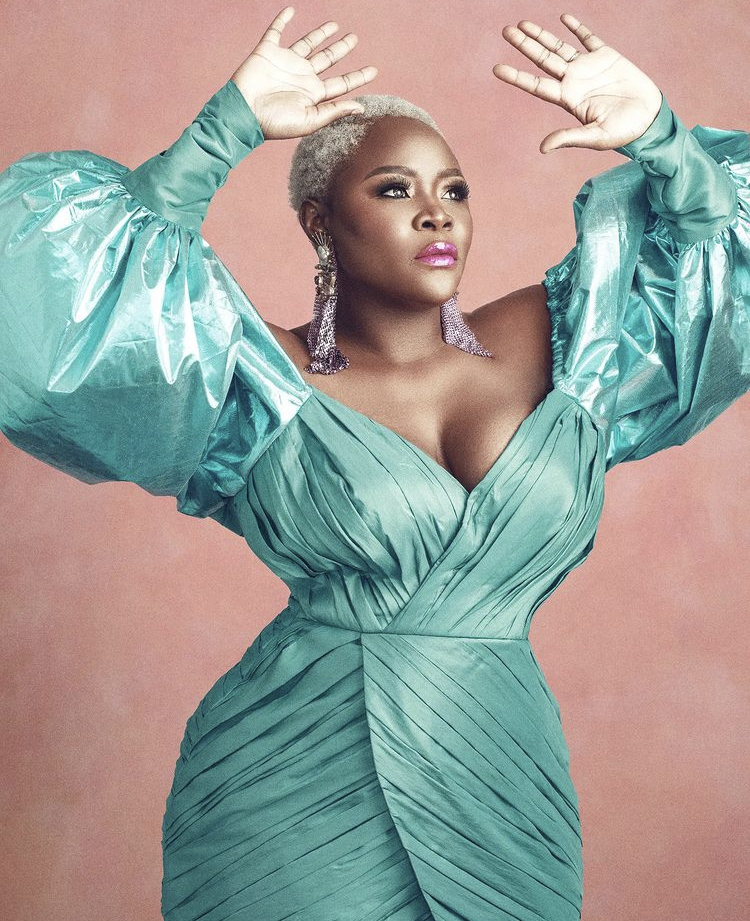
The Women of Afrobeats: Rewriting History
Afrobeats, which has its loose origin in Afrobeat (a music genre created by Fela Anikulapo-Kuti in the 1970s), is an umbrella term used to describe the contemporary sound coming from West Africa (primarily Nigeria and Ghana). Unlike its predecessor however, it is not a clearly defined genre.
The sound came to rise in the early 2000s, a few years after the death of the Afrobeat crooner, Fela. You can identify it by its characteristic upbeat sound and drum beat rhythms. These beats harken to the stylings of traditional African drum beats across West Africa. Its lyrics are also a blend of English, pidgin, and the indigenous language [of the artist]. British DJ Abrantee coined the name ‘Afrobeats’ in 2011 in a bid to conveniently package and present the sound to the British audience.
Afrobeats was built with the contributions of so many people, a lot of them female. Women have, from time immemorial, played crucial but often downplayed roles in the music industry. The early 60s and 70s in Nigeria saw the rise of some of the most vibrant female musicians, like Christy Essien-Igbokwe, the Lijadu Sisters, Onyeka Onwenu, and Evi Edna Ogholi to mention but a few. However, these women have been largely erased from our history, leaving their stories untold.
The documentation of the Nigerian music scene from its inception is intentionally devoid of the contributions of women in Afrobeats, which is quite ironic as they made up the core of many music groups. The impacts of these women are largely lost to us, in part, because documentation then was quite expensive, and those who could afford it simply did not care. These women, despite their erasure, gave rise to an even fiercer crop of talented, young, female musicians.
While a lot of these artists are no longer as relevant, their works paved the way for artists who came after them. These women crawled so the next generation could fly.
THE FIRST ERA (2000 till 2009)
In the wake of the early 2000s, as Afrobeats began to rise, we saw several female artists break into the music scene. Starting with Weird MC’s critically acclaimed 1996 single “Allen Avenue” which brought her into the limelight. It introduced her as the first female Afrobeats star and as a pivotal figure in the evolution of rap music in Nigeria.
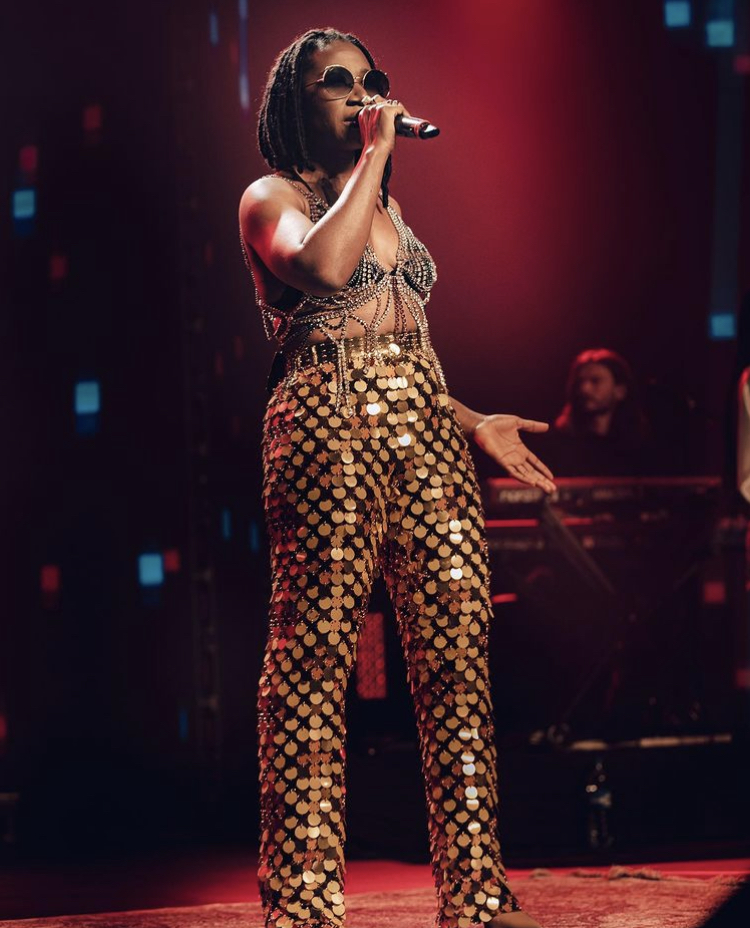
Soon came the French-born Nigerian singer Asa, with her 2007 debut album, self-named “Asa,” which broke her into the music scene with hit singles such as “Jailer” and “Fire On The Mountain”. Her peculiar style was refreshing and exactly what the industry needed at the time, as it left a lasting impression on the market and stamped her as the queen of alté sounds. Although her Yoruba heritage strongly influences her music, the singer soon clarified that her feet were firmly planted in her birth country. Asa has, however, consistently blessed us with her musical virtuosity for almost 20 years. Her new album, “V,” offers excellent tracks featuring some Afrobeats heavyweights.
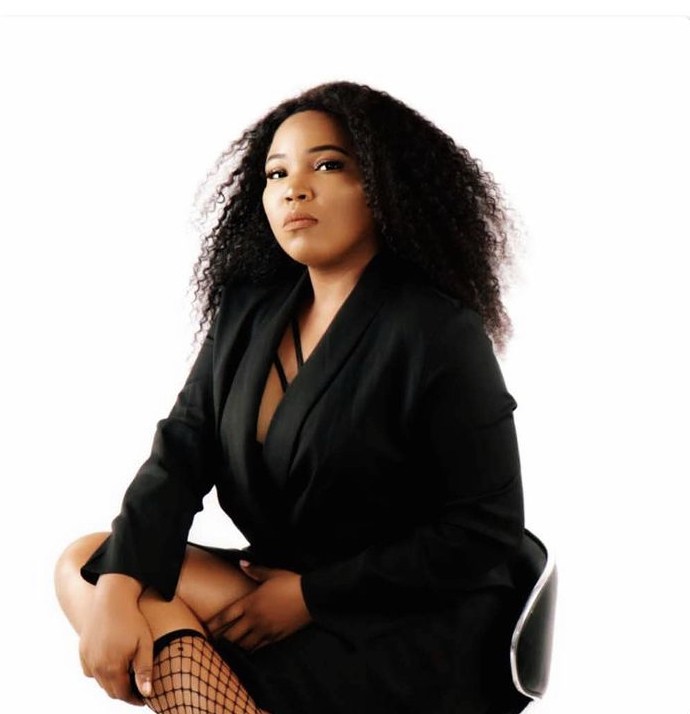
Popularly called the First Lady of Nigerian Hip-Hop, Sasha P had been making music for over six years, but her 2008 single “Adara” caused listeners to pause and really pay attention to her music. Her hit singles earned her a lot of well-deserved accolades and she achieved a number of firsts as a female rap artist. It is no doubt her success helped pave a way for other female rappers and artists by extension.

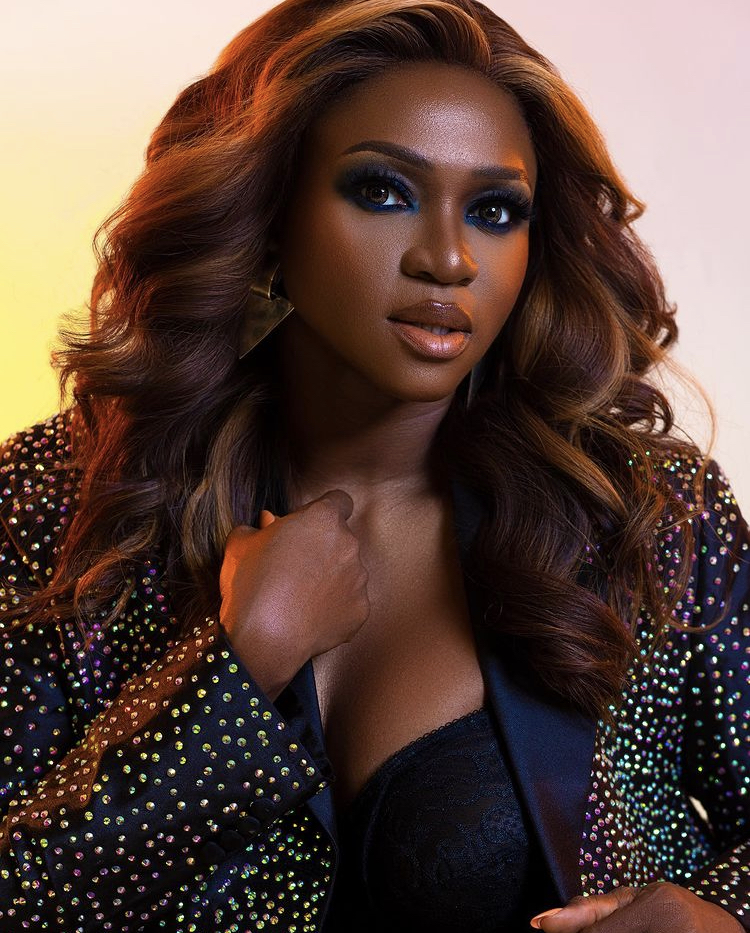
PSquare’s 2008 hit single “Do Me” introduced the world to vocal powerhouse, Waje, whose vocal range covers three octaves. She has gone on to sing many hit singles, such as “One Naira” with MI. In the same year, the West African idols would also produce another vocal powerhouse, Omawunmi, and the two would move on to become best friends in subsequent years. Omawunmi has released four studio albums recording so much success and recognition.
THE SECOND ERA (2010 till 2019)
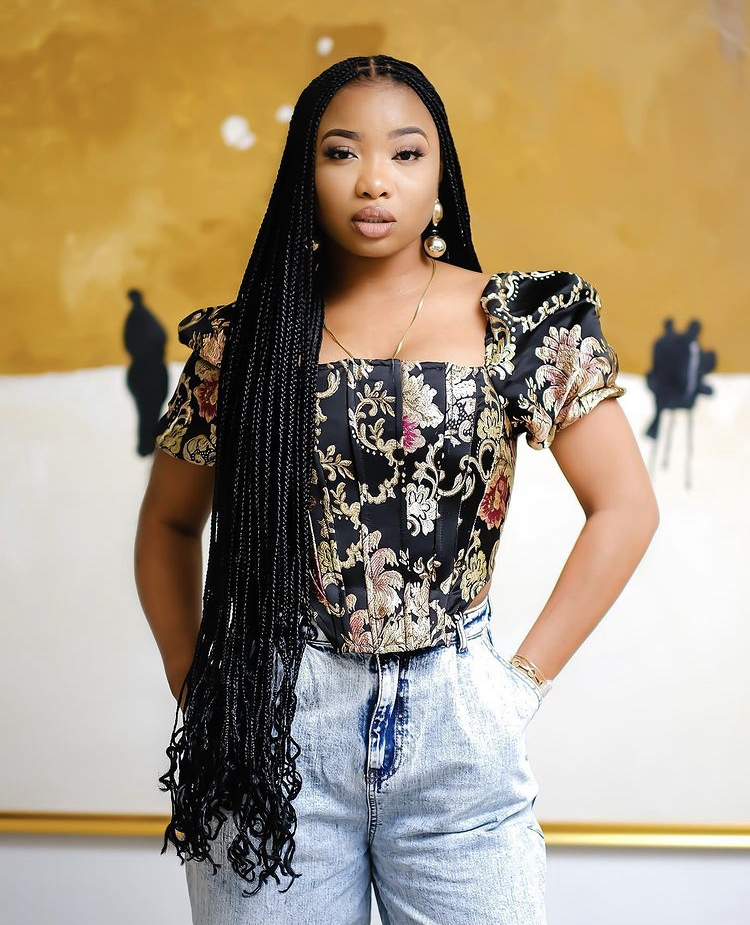
The start of the new decade greeted us with the rise of a young star, Mo’cheddah. Mo’cheddah came with the right amount of energy and swagger for the industry and quickly rose to stardom, releasing hit single after hit single and collaborating with some of the big names in the industry at the time. She also went on to win many awards, such as the 2010 MTV Africa Music Award for Best New Artiste of The Year, 2010 Channel O Music Video Awards for Best Female Video. She was nominated for the 2010 Next Rated Awards.
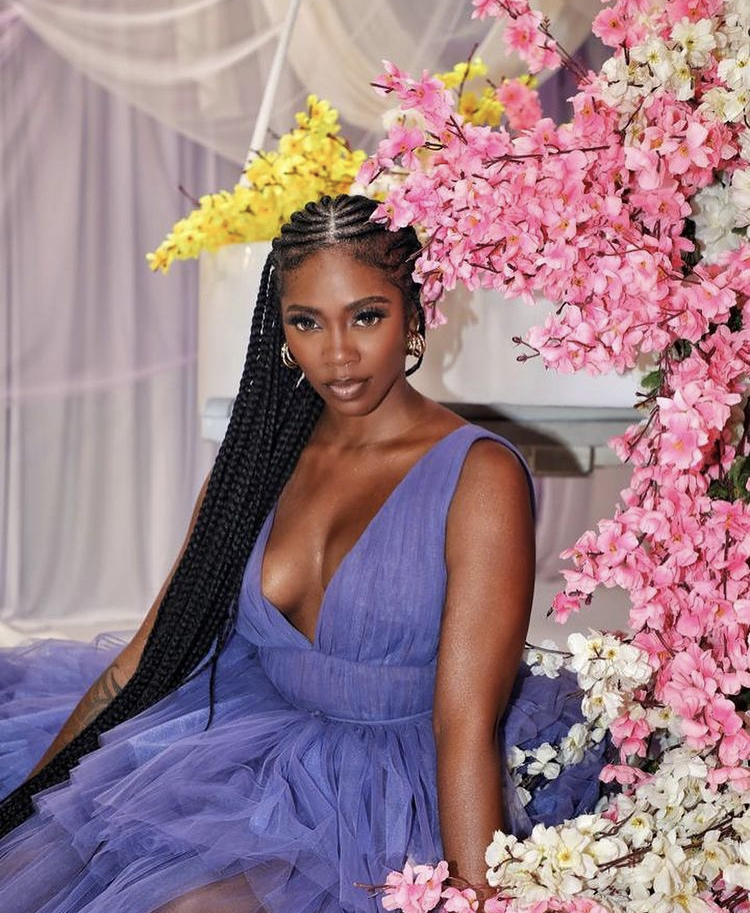
As the music industry began to gain more traction, it caught the attention of Nigerian talents in the diaspora. More of them began to relocate back home to explore their musical careers. Artists like Tiwa Savage, Emma Nyra, and Seyi Shay were among those who returned home. In 2011, Tiwa Savage released her first single, “Kele Kele Love,” which received massive airplay. She quickly became an instant favorite because of her charisma. Churning out single after single, Tiwa has remained relevant to date, featuring in Beyoncé’s’ ‘The Gift’ album which was nominated at the Grammys for ’Best Pop Vocal Album.’
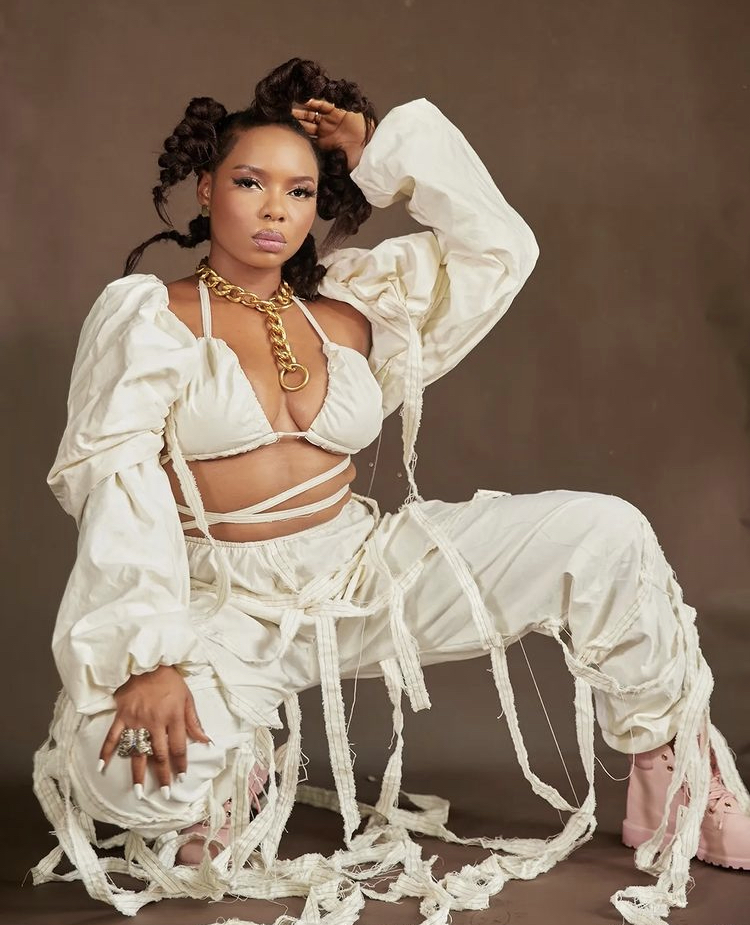
Yemi Alade took the industry by storm with her 2014 monster hit “Johnny” and shows no signs of stopping anytime soon. Popularly referred to as Mama Africa, Yemi is arguably one of the most prominent artists on the continent, with particular dominance in East Africa owing to her versatility in singing in different African languages. She is the second Nigerian and Afrobeats artist to hit 100 million views on YouTube. She is the first Nigerian female artist to hit 1 million views on YouTube in less than 24 hours.
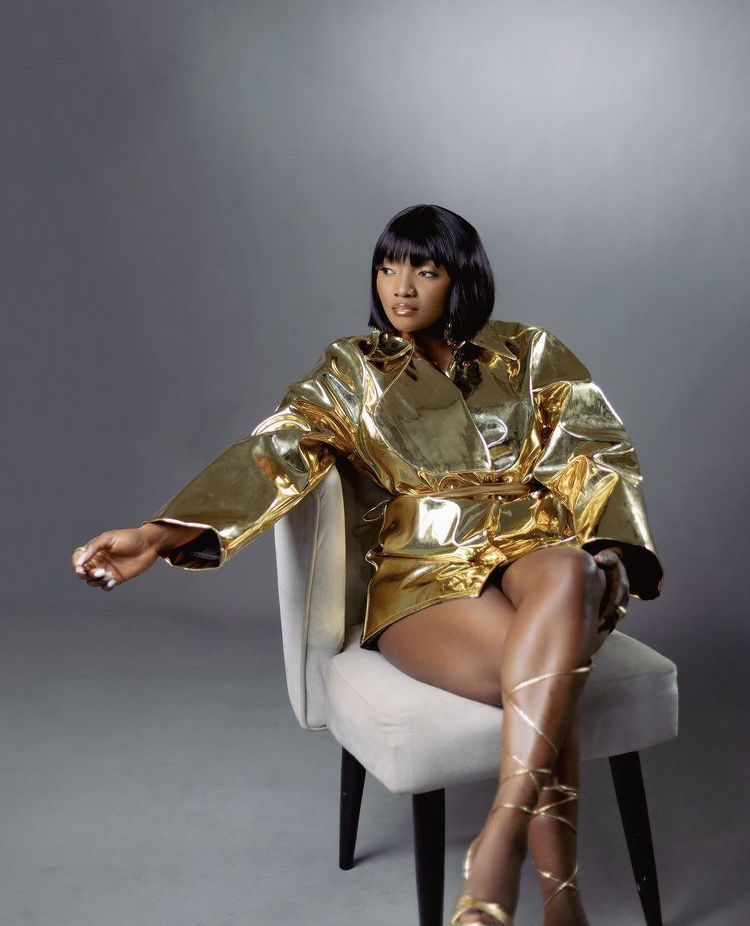
2014 brought even more good tidings as a new talent joined the industry. Simi stole the hearts of listeners with her sultry voice and easy storytelling skills on her hit single, “Tiff.” It was quickly followed by “Jamb Question.” Simi, now also a sound engineer, has since become a household name, cementing herself in the industry with effortless style.
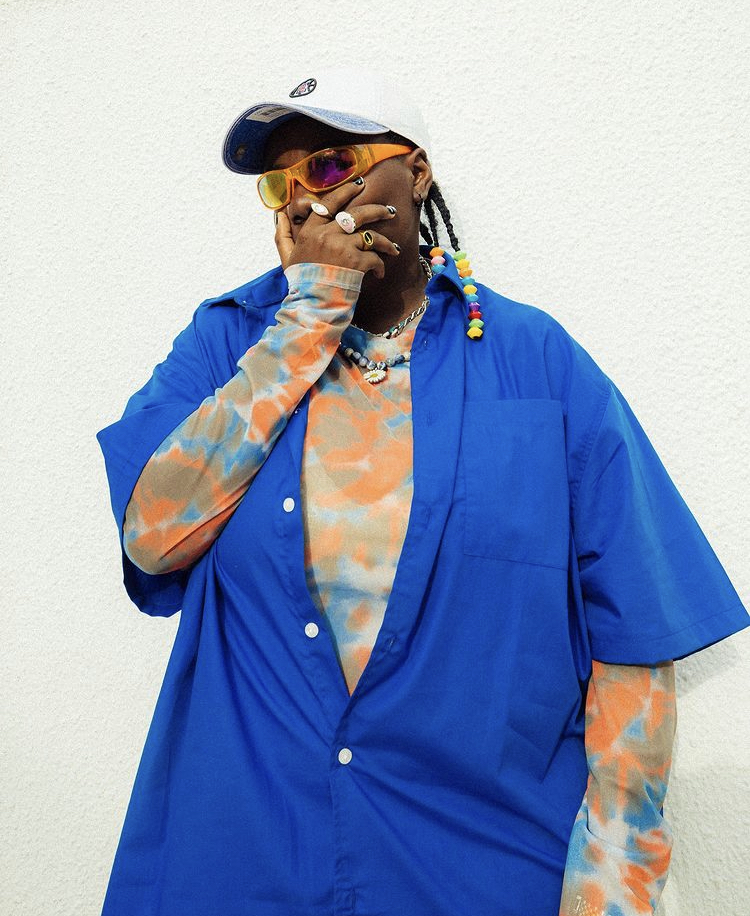
Without any warning, another star was preparing to make a grand entrance. After Teni signed on to Dr. Dolor, the boisterous singer released her first single in 2017 called “Fargin,” which introduced us to her music. It was, however, her 2018 hit single ‘Case’ that sold her to us, and she quickly followed up by releasing other hit songs such as “Uyo Meyo,” “Power Rangers,” and “Billionaire.” Sister to one of the Queens of house music, Niniola, it seems excellent musical skill runs in the Apata family. The singer has since gone on to win multiple awards both nationally and internationally.
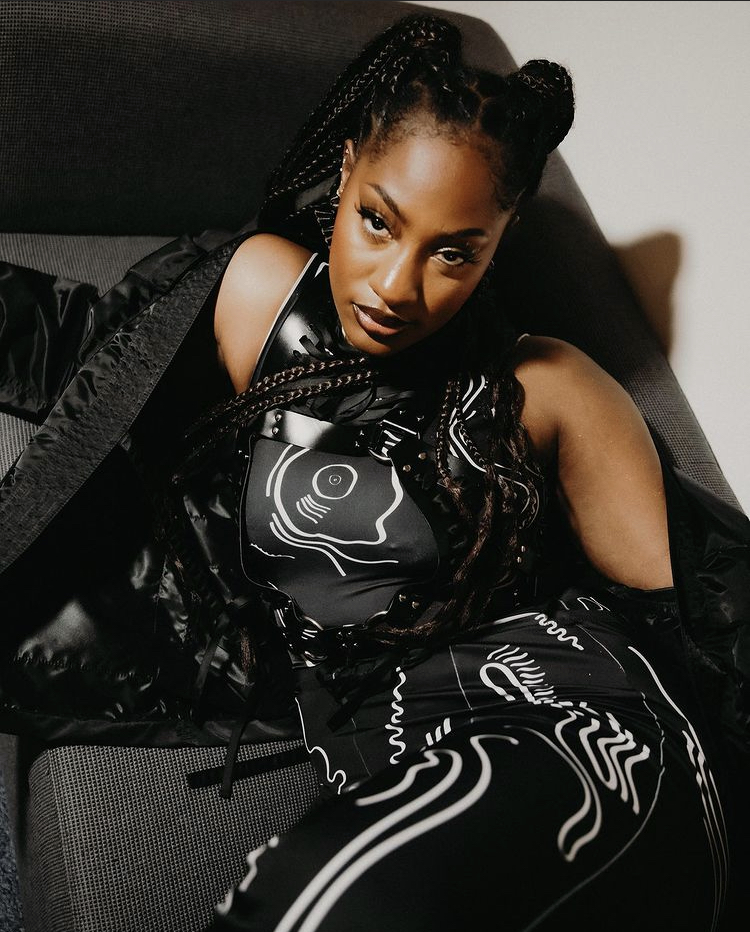
As we drew closer to the end of the decade, one of the next big acts to come out of Africa was also emerging. Tems released her first single, “Mr. Rebel,” in 2018, but her 2019 single “Try Me” captured listeners’ attention. She collaborated with Khalid the same year, but 2021 was the defining year in her career. Her single with Wizkid, “Essence,” peaked at number 9 in the Billboard Hot 100, a first for any Nigerian song, and went on to stay on the chart for 35 weeks, the longest any African song has been on the chart. The remix with Justin Bieber earned her a Grammy nomination.
Tems also featured on Future’s 9th studio album on the track “Wait For U” which heavily samples Tems’ “Higher”. The song peaked at number 1 on the Billboard Hot 100, giving the singer her first number 1 hit. She has been nominated for and won numerous awards; including the BET best new international act, the Soul Train Music Awards for five categories, and the MTV Europe Music Awards for Best African Act. This is a feat no Afrobeats artist has achieved in such short timing. She has indeed cemented herself as the face of new school Afrobeats.
THE THIRD ERA (2020 till date)
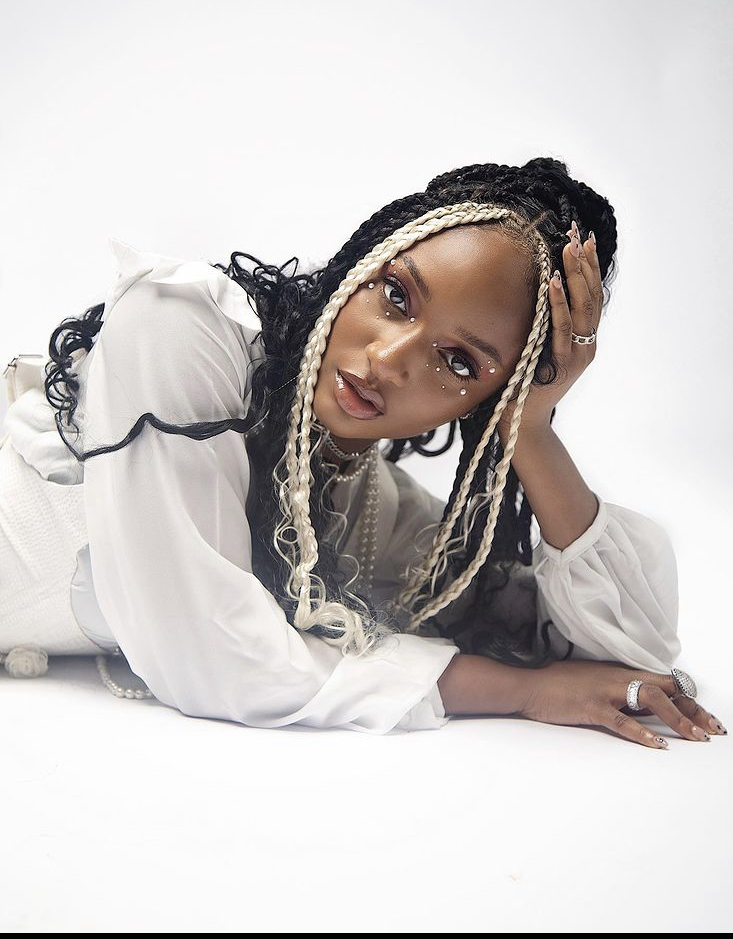
In 2020, Mavin Records announced the signing of 18-year-old Ayra Starr, and the young star quickly released an EP self-titled “Ayra Starr” with two hit singles “Away” which peaked at number 4 on TurnTable Top 50, and “Sare” where she sampled the Lijadu Sisters’ “Orere Elejigbo”. According to the phenomenal 19 year-old star, ‘the way men carry Fela, that’s the same way I want to carry these women that have worked so hard but their names are forgotten. I want to bring them back to the conversation.’
A year later, she released her debut album titled “19 & Dangerous,” which enforces her as a force to reckon with despite her short time in the industry. The album boasts of hit singles such as “Beggie Beggie,” which features CKay, and “Bloody Samaritan, ” making her the first female solo artist to peak at number 1 on the TurnTable Top 50.
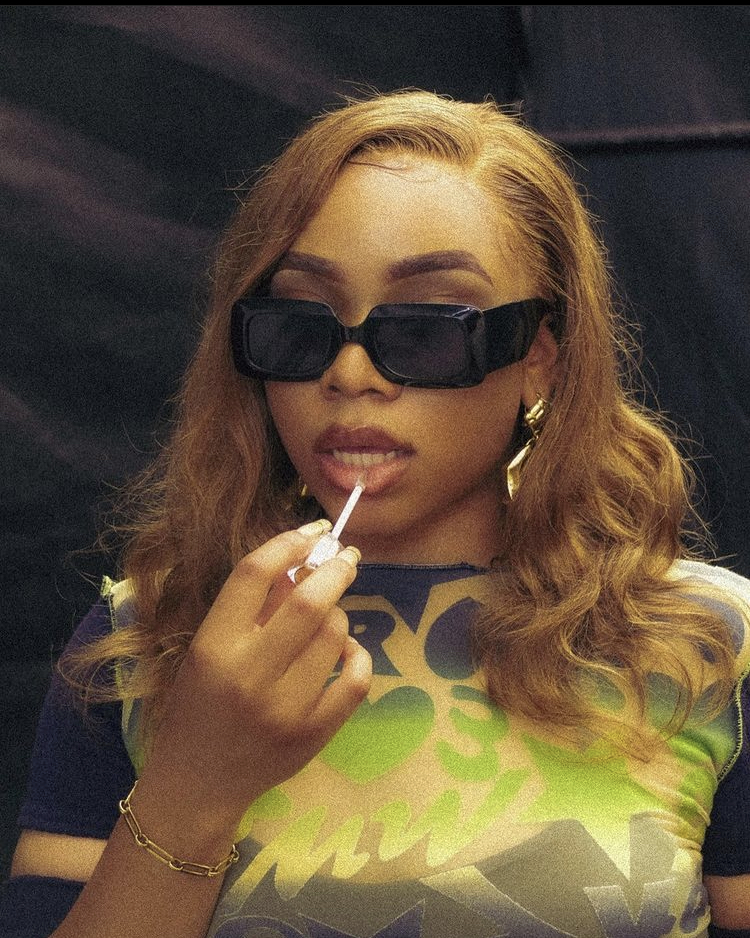
Known to routinely discover new acts, Olamide, on his last studio album, “UY Scuti,” introduced the world to the artistry of Fave, featuring her on two of the songs on the widely acclaimed album. Fave quickly followed up by releasing her hit single “Baby Riddim,” which rose to number 2 on the TurnTable Top 50, and then “Beautifully”, both have gone viral on social media and received massive airplay. Mr. Eazi, a musician and businessman, impressed with her musical success so far, has developed a keen interest in her and has partnered with her via Empawa, his musical incubation company, intending to take her music to its next level.
NOTABLE MENTIONS
Although these women are not singers, they have been instrumental in pushing the Afrobeats sound to the world.
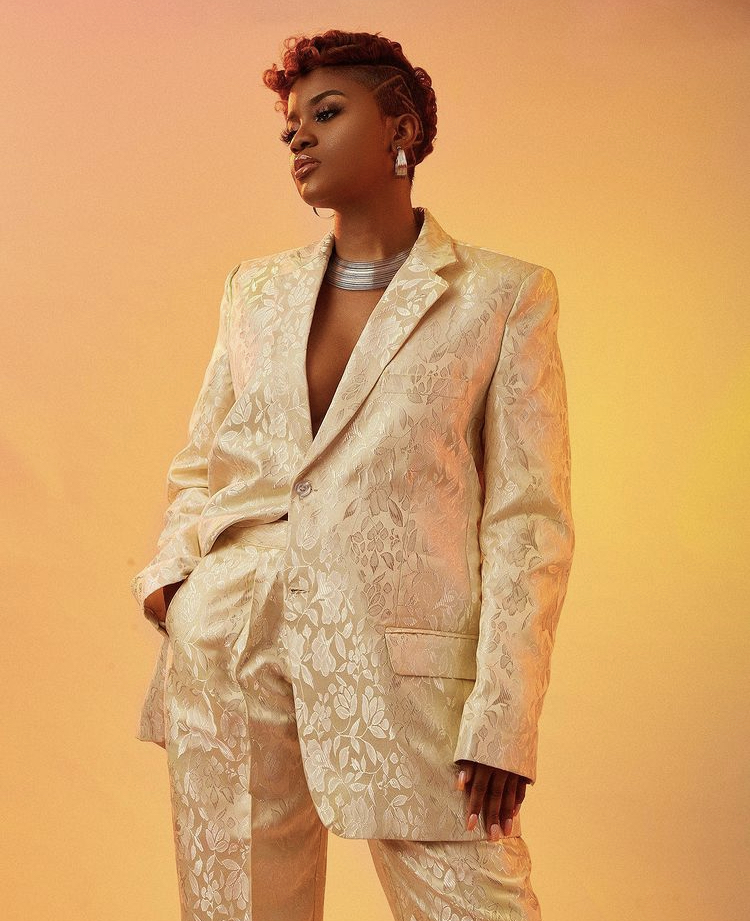
There are few female producers on this side of the world, but Dunnie, who goes under the moniker “OladunniTheBeatmaker,” is one of the most prolific. An alumnus of The Sarz Academy, the producer has worked with some of the industry’s biggest names, including Yemi Alade, Niniola, Wande Coal, and South Africa’s Focalistic and Busiswa. She has equally worked with brands such as Maggi and Ciroc.
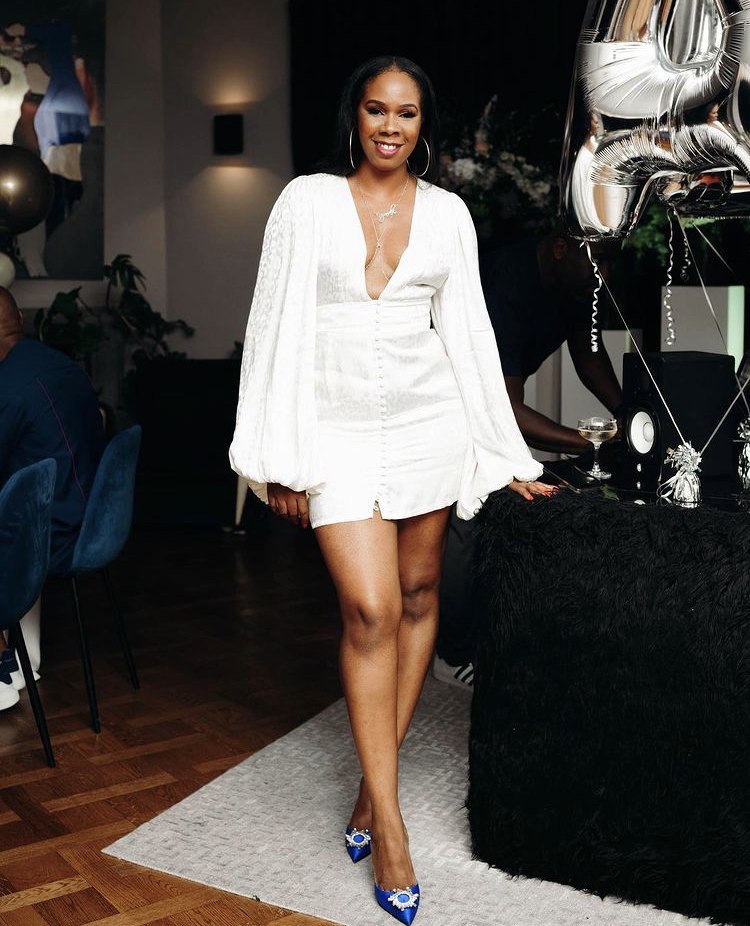
“PR guru for the stars,” as she is fondly called, Vanessa Amadi-Ogbonna, started working for UK-based MOBO awards as their publicist. Vanessa notes that it was her first job as a publicist and what launched her career in PR. She was the UK and Europe publicist for Whitney Houston for the last seven years of the singer’s life. She also, at some point, worked with Ciara, Usher, and Ne-yo, to mention a few, before going on to start her own PR company VA PR, in 2006.
She has since gone to tap into the Afrobeats industry and has been pivotal in pushing the sound to the UK and other western nations, working with artists such as D’banj, Davido, Tiwa Savage, and the legendary Genevieve Nnaji. She was instrumental in facilitating Tiwa Savage’s current record deal with US-based UMG Recordings.
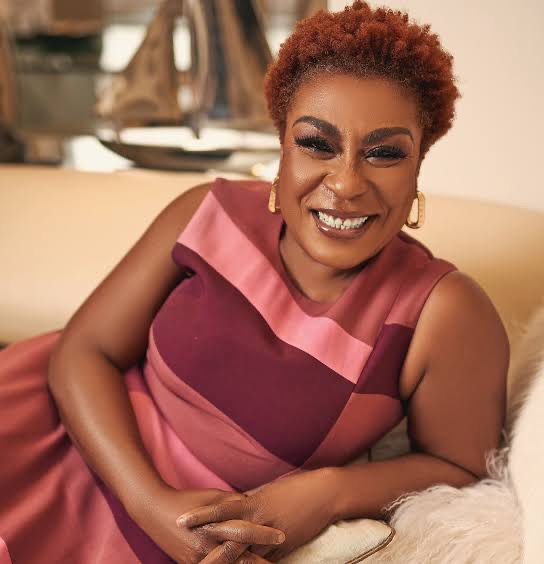
Popularly called “Mama Burna,” Bose Ogulu’s musical mastery cuts across generations. Born to music critic and author Benson Idonije, who also doubled as Fela’s manager. For years, Bose, who is multilingual, was a French lecturer and translator before switching careers to become a talent manager. Apart from Burna Boy, she also manages his sister Nissi, a visual artist and musician, and her father. She is the head of Spaceship Collective, which includes the record label Spaceship Entertainment and a publishing arm. She has successfully managed the self-acclaimed African Giant. She has been instrumental in his career growth and emergence as one of the most successful Afrobeats music exports from the continent and deserves all the accolades.
The last two decades have seen Afrobeats grow beyond the continent’s shores and is arguably one of our most significant exports. This has only been possible with the efforts of so many tremendously talented and hardworking people. The contributions of women in the evolution of Afrobeats have been crucial in its development and should not be overlooked but instead celebrated.
7 Comments
Comments are closed.
[…] the song with her silky smooth vocals, on a soundscape created by Dunnie, Ijekimora lays down the marker with an introspective first verse. She alludes to the loneliness of […]
[…] to elicit that aura of ease and enjoyment. Most importantly, it must be a party bop. Thankfully, Afro-beat artistes always understand the assignment when it comes to giving us songs to take us through summer every […]
[…] blows me away every time. SZA and Ariana Grande too. In 2018, I listened to Niniola and what she did with amapiano and house music was breathtaking. She gave me the encouragement I […]
[…] Black female artistes who confidently weave matters that interact with sex and sexuality into their music through their sultry movements, sensuous lyrics, and lush fashion styles are labeled as harmful cultural influences on the thoughts and actions of young Black girls. It may take years of unpacking and unlearning to entirely rid the society and its subconscious of retrograde and reductive suppositions of sex and sexuality into which Black women have been submerged. […]
[…] would describe my music style as Afro-Fusion under the umbrella of Afrobeats. Although, I think even that is a bit limiting. I love experimenting with textures, pitches, and […]
[…] with Oxlade and ShowDemCamp sometime in the future and collaborate with many more artists like Tems, Wurld, and Tiwa […]
[…] a fresh, ground-breaking, and unforgettable vibe. So far, that’s exactly how her career has been. Her journey is one that embodies her entire persona-unique, different and elevating. Tems went from […]